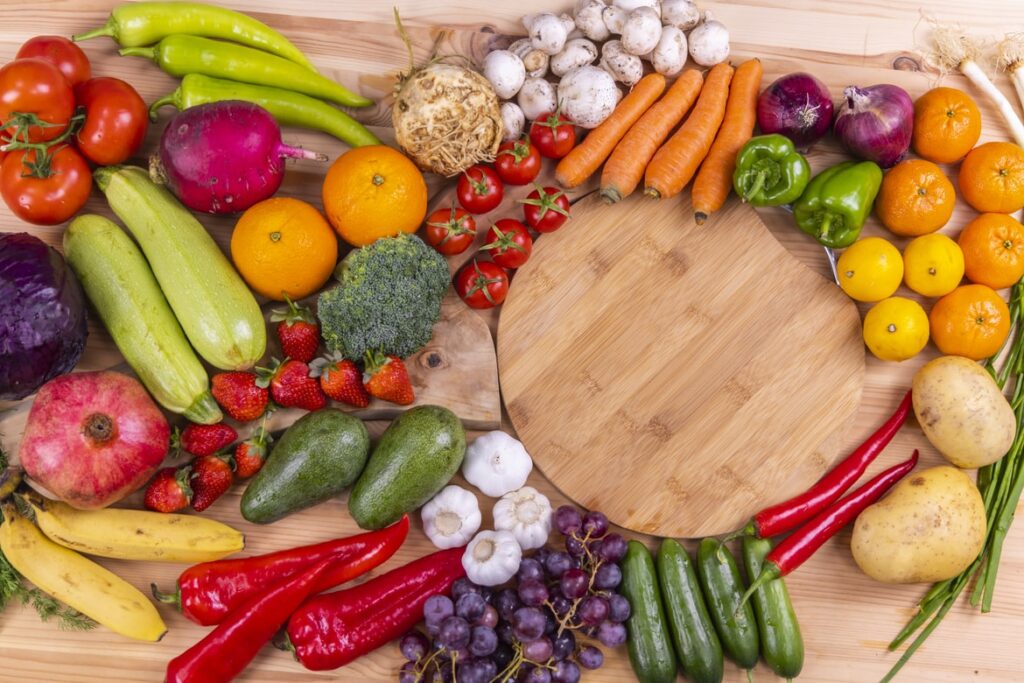Key Nutrients You Need For Winter

We are in the middle of winter, and without the promise of Christmas to look forward to, everything can seem a little bleak, including our energy levels and the appearance of our skin. It is common to experience vitamin deficiencies around this time, some of which could be contributing to how tired and sluggish we feel. That being said, there is a relatively easy fix!
Read on to find out one of the ways in which you can improve your vitamin intake, and what you need to be getting enough of over the colder, darker months.
Vitamin D
This is a vital vitamin that residents of the UK find extremely difficult to obtain in the right amounts. This is because the body needs exposure to the sun to help create vitamin D, which is already scarce over winter! People spend less time outdoors as well, which only adds to the equation.
Optimum vitamin D levels can be particularly difficult to achieve through food alone, though sources such as egg yolks, fish such as salmon and tuna, and fortified cereals can contribute to your intake. In instances like this, it is best that you supplement alongside a healthy diet. Check out Vitaminology for quality supplements to suit your needs!
Iron
Iron is another important nutrient that needs to be in your diet regularly – but especially over the winter. The symptoms of iron deficiency can often be confused with those classic winter blues, which means many of these cases are left untreated.
You can create a diet rich in iron by consuming foods such as red meat, chicken and pork, iron-fortified cereals, and seafood. For vegetarians, iron-rich foods also include leafy greens such as spinach and other dark-green vegetables; dried fruit including raisins, apricots and prunes; and pulses.
The body also needs a healthy level of vitamin C to help the absorption of iron, so including a food that is rich in vitamin C in your diet can help you get the most out of these foods.
Vitamin C
Vitamin C is the go-to vitamin to help aid your immune system in winter. This can help you fight off any common cold going around. Not only that, but if you are unlucky enough to catch it, this vitamin could help you experience milder symptoms, too.
Sort out two problems with one solution by eating foods such as citrus fruits, bell peppers, tomatoes, and potatoes! These offer an adequate amount of vitamin C and will also help with the absorption of iron – which, as previously mentioned, is another crucial winter nutrient.
Vitamin B
Vitamin B is often a vitamin that we just do not get enough of, especially if you are vegan, but it is certainly one that is essential to our health and wellbeing. There are many different B vitamins that need to work together, so having a diet rich in dairy, meat, fish, and dark-green veg can help you top up your intake. If this is not possible, you can always use a supplement. If you are doing ‘Veganuary’, it’s especially important to take B12 supplements, as B12 is only found in meat and dairy foods.





